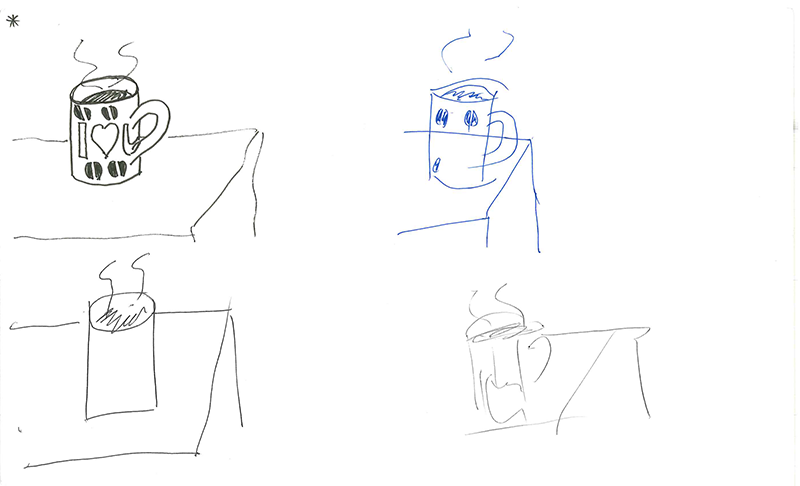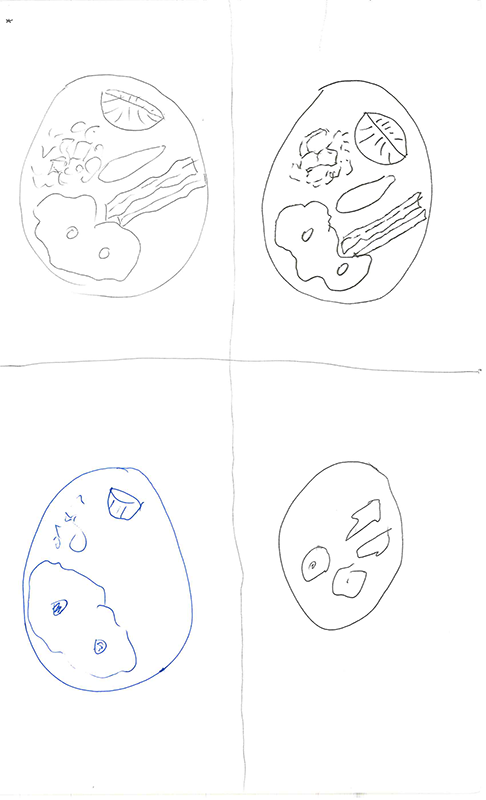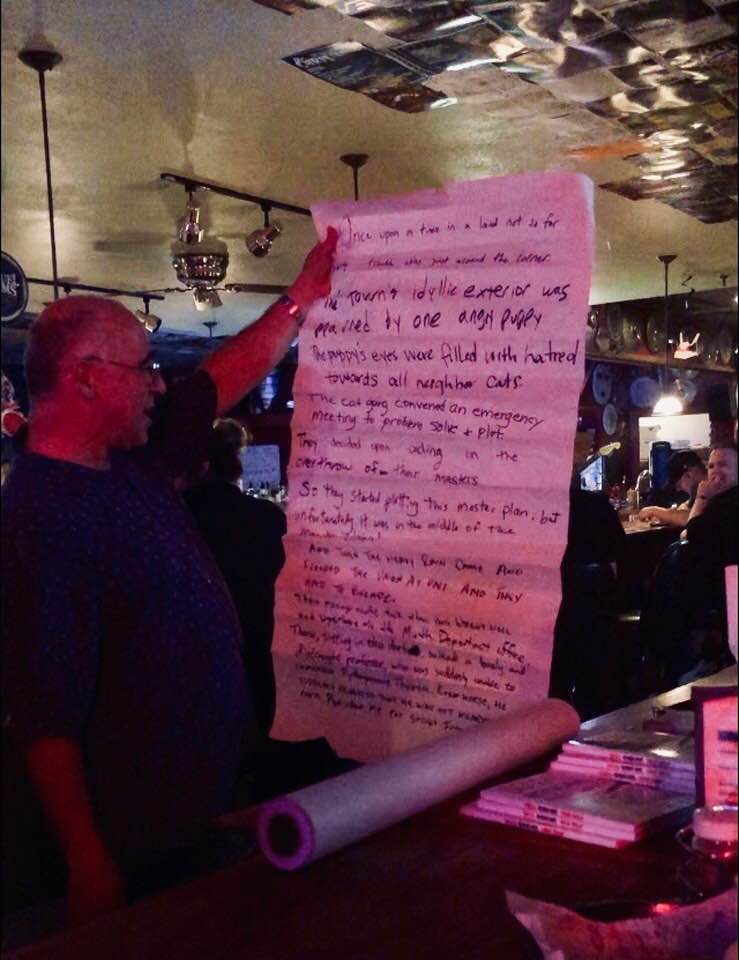So I said something, it got a huge laugh from a roomful of people. I knew it was funny, I didn’t know it was that funny, and I don’t remember if I intended it to be funny. I think you’ll like the story.
The party had moved into two rooms with no wall between them. One part had couches and chairs, and people were sitting down with their wines and beers and all, and the other part had an amazing array of musical instruments. The musicians were jamming. I’d started in the music room, but I moved to the conversation room because the musicians were really, really, good (especially Alpha Musician) and I couldn’t keep up.
The music stopped and the musicians were talking, and the party dynamics shifted to the conversation room listening to the musicians talk. They were talking about Tom Waits, and how great and influential he was, and Alpha Musician knew more about him than anyone. So he was like the Alpha Tom Waits fan, too.
“I love Small Change”
“Me too. I saw him on that tour. It made me want to play music!”
ALPHA MUSICIAN: “Yeah, he was backed by The Nocturnal Emissions – they were
also excellent, you should check them out.”
“I remember Foreign Affairs”
“Oh yeah, Bob Dylan said it was really influential or something like that.”
ALPHA MUSICIAN: “Yeah, Bob Alcivar was its arranger. Tom Waits started dating Rickie Lee Jones after that, even though he had Bette Midler sing ‘I never talk to strangers’ with him on that one.”
You get the idea. So
after a while I, from the other room, piped up loudly.
“Most people don’t know this, but he actually wrote ‘Yummy, Yummy, Yummy, I’ve got Love in my Tummy.’ ” Now the room went silent. Even the conversation room which had already been quiet went more quiet. The musicians all looked surprised and were looking at each other to see who had already known that. I had been making eye-contact with Alpha Musician when I said that, and his eyes clearly said, “You are lying. I know it. But I won’t say anything.” He wasn’t going to rat me out.
One comedy beat went by, and then one of the musicians said,
“Really?”
And I said, “No, no, not really,” and everyone laughed, it
was funny.
And then I said, “You see, I haven’t said anything in a while, and I wanted attention.” This statement was completely true.
And everyone went nuts with laughter! The musicians laughed, the conversation room
roared, even Alpha Musician laughed. It
was great. I don’t like being made fun
of, but that isn’t what was happening.
Was I being laughed WITH? Or
laughed AT? I’m not sure – somewhere in
between. But it was masterful, even
though unintentional.
When the laughter died down and everyone was talking, I turned to a good friend sitting next to me and said to her, “Come on, it’s not like other people haven’t done the same thing.” And she said, “Yes, Douglas, we all do that, but we don’t admit it.”
Vulnerability. That joke came from a place of vulnerability. A former mentor, Stevie Ray, taught me about kinds of laughter – laughter of superiority, of contrast, of surprise, of delight, etc. This was laughter of recognition. “Yes, Douglas, we all do that, but we don’t admit it.” I guess it is weird to call it a “joke” – but whatever you call it, it wasn’t something I would have said before I got into the whole improv thing. And I made people laugh – not at anyone per se, but at a kind of kinship. “We all do that.” There was a roomful of people who hadn’t said anything in a while, and wanted attention. And now it was out there. And the laughter kind of released it.
That’s the end – but I have to tie it back to the second part of this three-parter. I’m not saying “You should be like I was!” Because I was in a roomful of people who made me feel safe to make that joke. I laid myself out there, and nobody made me regret it. I’m not about to sell “Get laughs through being vulnerable” refrigerator magnets and coffee cups on this website. But it’s something to think about, isn’t it?



